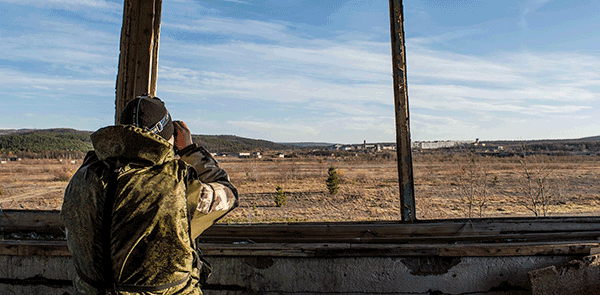|
Monday, Feb. 7 // 4–5:30 p.m. (ET)
In Klaus Larres’ just published new book Uncertain Allies: Nixon, Kissinger, and the Threat of a United Europe (Yale University Press) he outlines that the Nixon and Kissinger years were a major turning point—in fact a "pivotal moment"—when "benign transatlantic hegemony" gave way to an attitude toward Europe that was seldom better than lukewarm, frequently outright hostile, and that was returned in kind. This book, it has been said, "offers an unusually clear and comprehensive examination of transatlantic relations during the Nixon era."

Wednesday, Feb. 9 // 10–11:00 a.m. (ET)
In her new book, The Fractured Himalaya, Nirupama Rao, a former Indian foreign secretary and ambassador to China, argues that understanding the early period of India-China relations, from 1949 to 1962, is essential for making sense of the present. Drawing on archival material from China, Great Britain, India, and the United States, and on the personal knowledge of Rao, one of India’s sharpest observers of China, The Fractured Himalaya focuses on the complex diplomacy and negotiations between the two countries during a critical period that culminated in a border war. At this event, Rao will discuss her book and how it can help inform thinking about contemporary India-China relations.

Friday, Feb. 11 // 9–10:30 a.m. (ET)
Nearly six months after the Taliban takeover in Afghanistan, the country’s economy is close to collapse. Sanctions on the Taliban regime and a freeze on Afghan assets abroad have produced an acute liquidity crisis, with little money entering the country. While the international community has pledged millions of dollars in humanitarian aid, this critical assistance doesn’t do enough to ease Afghanistan’s severe economic stress and banking crisis. What can the United States and the international community do to bring more lasting relief to Afghans and stave off economic collapse, while also minimizing the risks of money ending up in Taliban hands?

|





